
In the ever-evolving world of Web3, maintaining both regulatory compliance and user privacy is a delicate balancing act. As token sales, gated communities, and decentralized finance (DeFi) platforms increasingly require identity verification, the concept of onchain KYC attestations has emerged as a game-changer for allowlist management. These cryptographic proofs are reshaping how projects handle eligibility and compliance, all while keeping sensitive data off the public ledger.

What Are Onchain Attestations and Why Do They Matter?
At their core, onchain attestations are signed statements recorded on a blockchain that confirm specific facts about an address or user, such as having passed Know Your Customer (KYC) checks, without exposing underlying personal information. This is a significant leap forward from traditional approaches, where sensitive data often sits in centralized databases vulnerable to leaks or misuse.
For Web3 allowlists, exclusive lists granting access to token launches or community features, onchain attestations unlock new possibilities:
Key Benefits of Onchain KYC Attestations for Allowlists
-
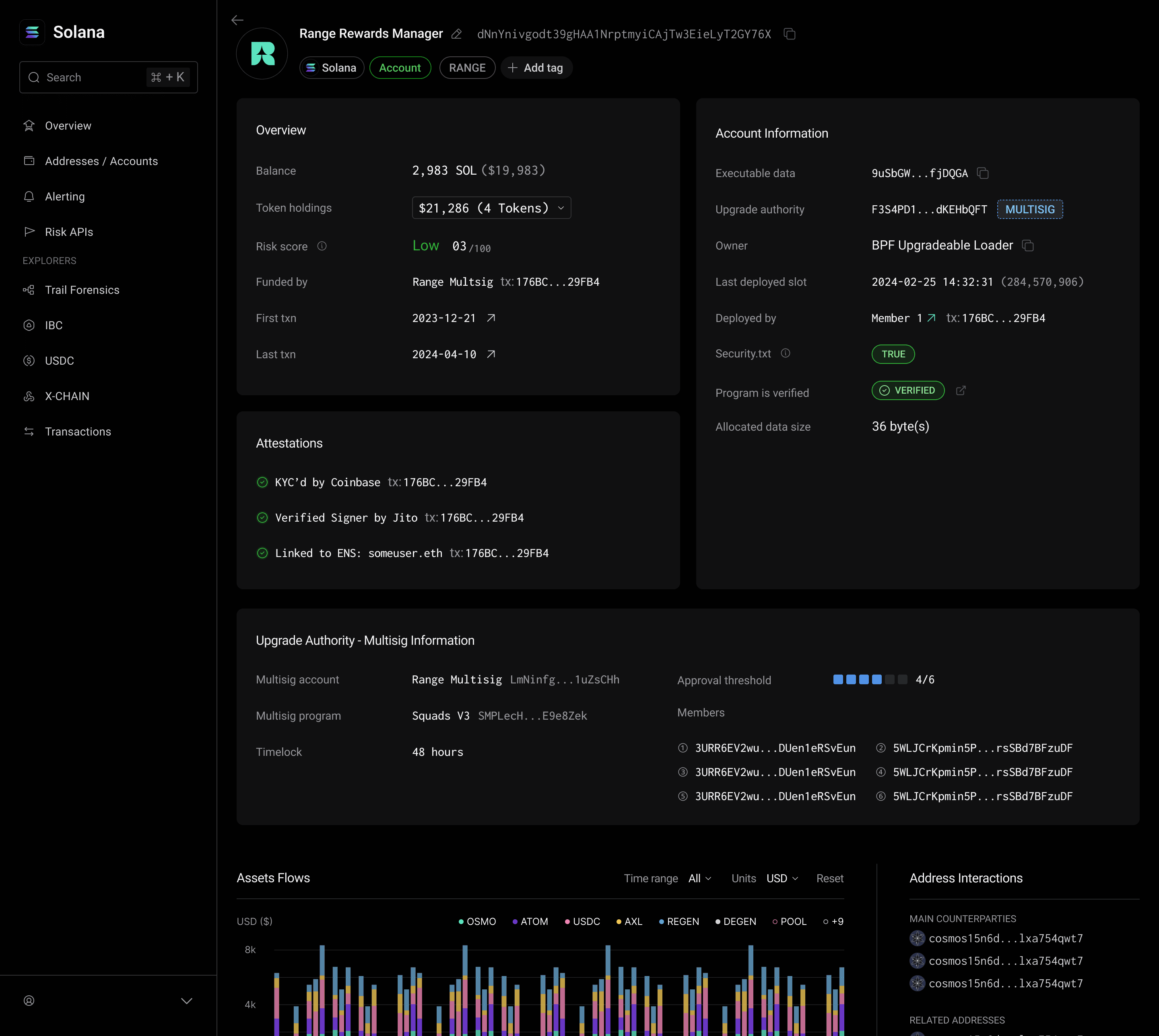
Privacy Preservation: Onchain KYC attestations allow users to prove their compliance without revealing sensitive personal information, aligning with Web3’s focus on data sovereignty and privacy.
-
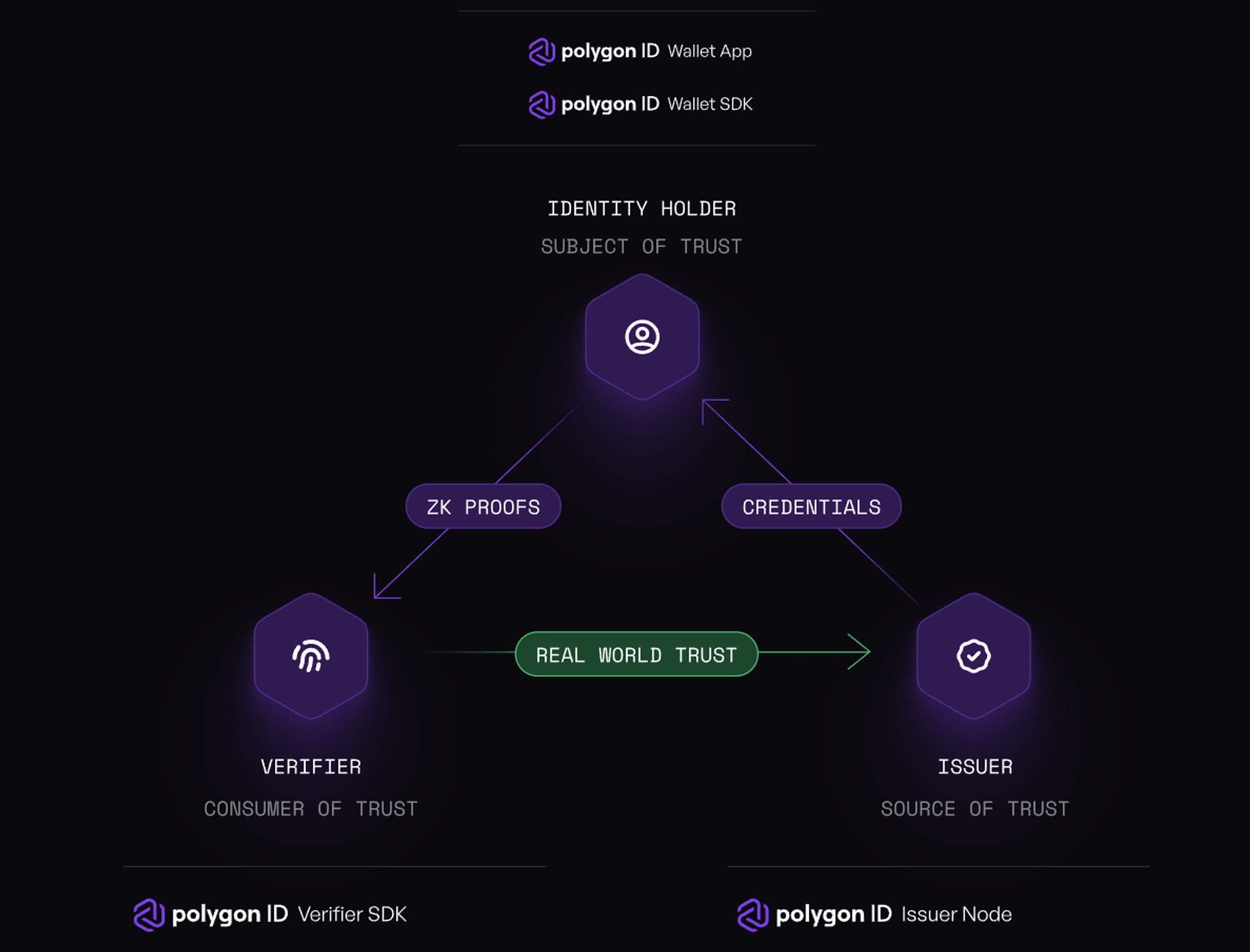
Interoperability Across Platforms: Attestations stored onchain can be used seamlessly across multiple decentralized applications (dApps), enabling users to verify their identity once and reuse their credentials, reducing friction and redundancy.
-
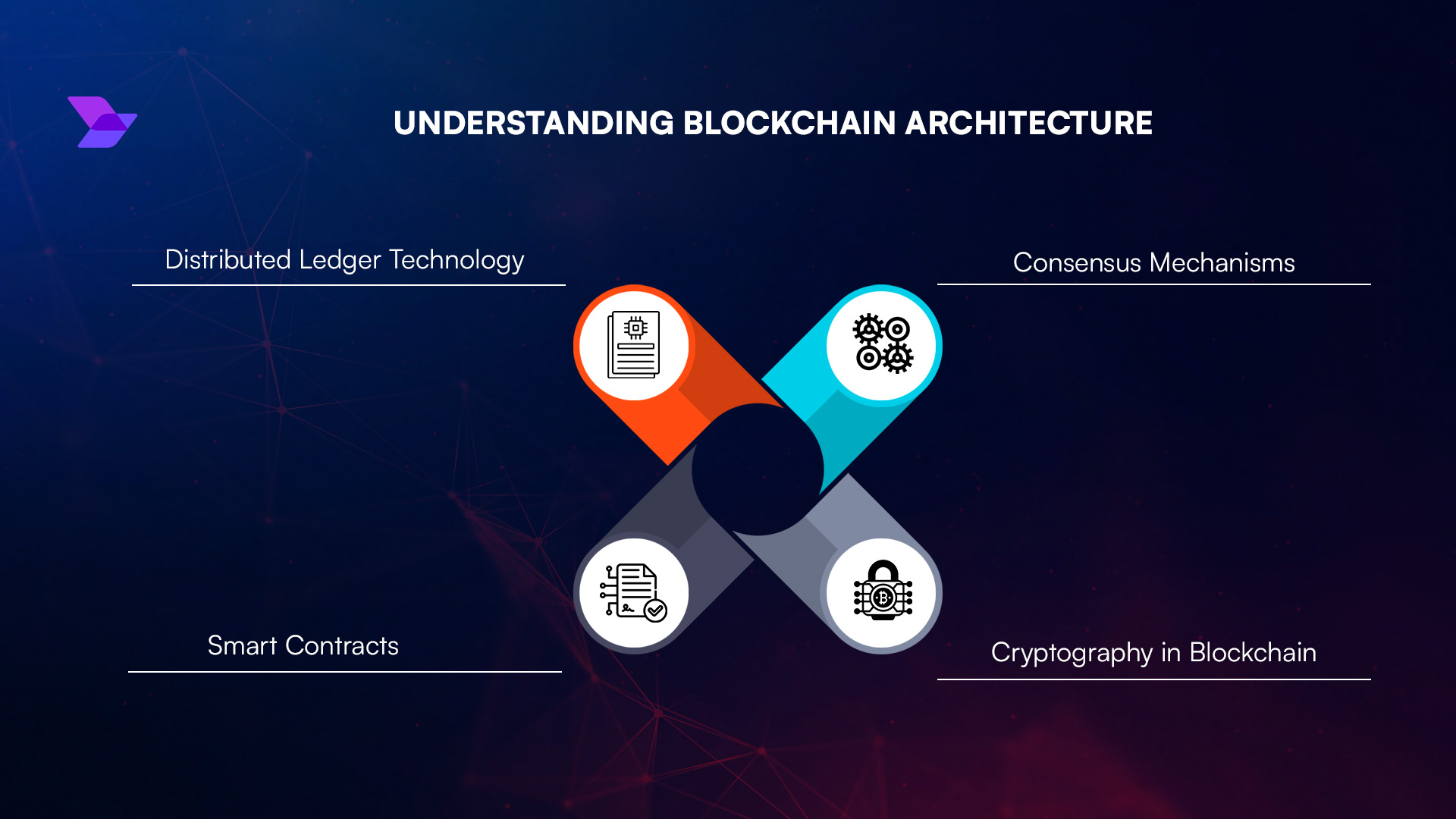
Security and Immutability: Blockchain storage ensures that KYC attestations are tamper-proof, verifiable, and resistant to unauthorized changes, building trust in the verification process.
-

Streamlined Compliance: Onchain attestations simplify regulatory compliance for projects by providing verifiable, standardized proofs of KYC, reducing manual checks and administrative overhead.
-

User Empowerment: Users retain control over their digital identity and can choose when and where to share their verified status, fostering greater autonomy and trust in decentralized ecosystems.
This approach not only speeds up onboarding but also reduces friction for users who want to participate in multiple ecosystems without repeatedly submitting personal documents.
How Onchain Attestations Power Secure Allowlist Verification
The process begins when a user completes KYC with a trusted provider. Instead of storing their identity details on a server, the provider issues an attestation, a cryptographically signed proof, directly to the user’s blockchain address. When that user wants to join an allowlist or participate in a sale, they simply present this attestation for verification.
This model offers several standout advantages:
- Privacy preservation: Only the fact of verification is shared, not passport numbers or selfies.
- Interoperability: Once issued, these proofs can be reused across multiple dApps and blockchains.
- Immutability and trust: Blockchain storage ensures attestations can’t be altered or forged after issuance.
The result? A seamless yet compliant flow for both users and project teams managing allowlists. For deeper technical insights into secure allowlist construction with attested addresses, see this detailed guide.
The Standards and Ecosystem Behind Decentralized KYC Proofs
The rise of onchain attestations has given birth to new protocols and standards designed specifically for verifiable credentials in Web3. Notable examples include Blockpass’s On-Chain KYC®, Attest Protocol’s schema-based infrastructure, Authento’s soulbound tokens for verified status, and Solana’s native Attestation Service, all offering unique takes on secure identity management at scale.
Top Onchain Attestation Providers for KYC Verification
-
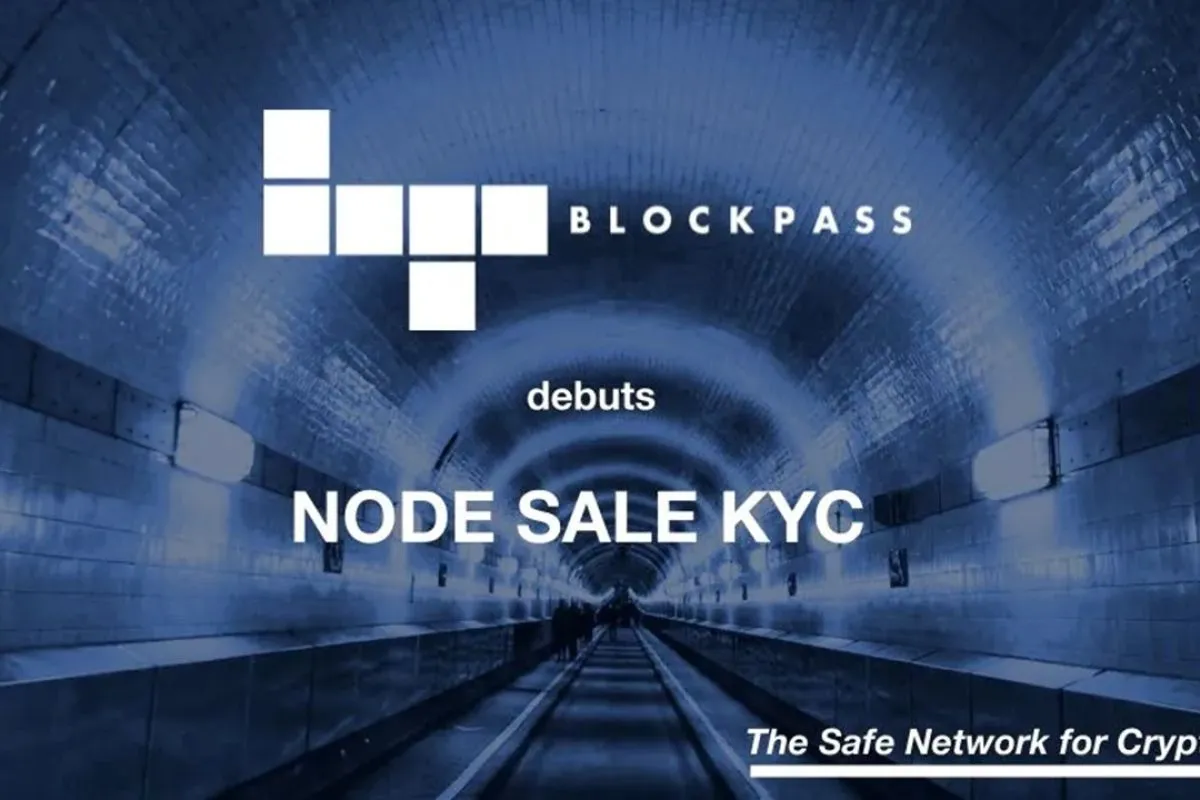
Blockpass On-Chain KYC®: Blockpass issues onchain attestations that create verifiable and reusable digital identities, enabling businesses to meet KYC requirements without accessing sensitive user data.
-
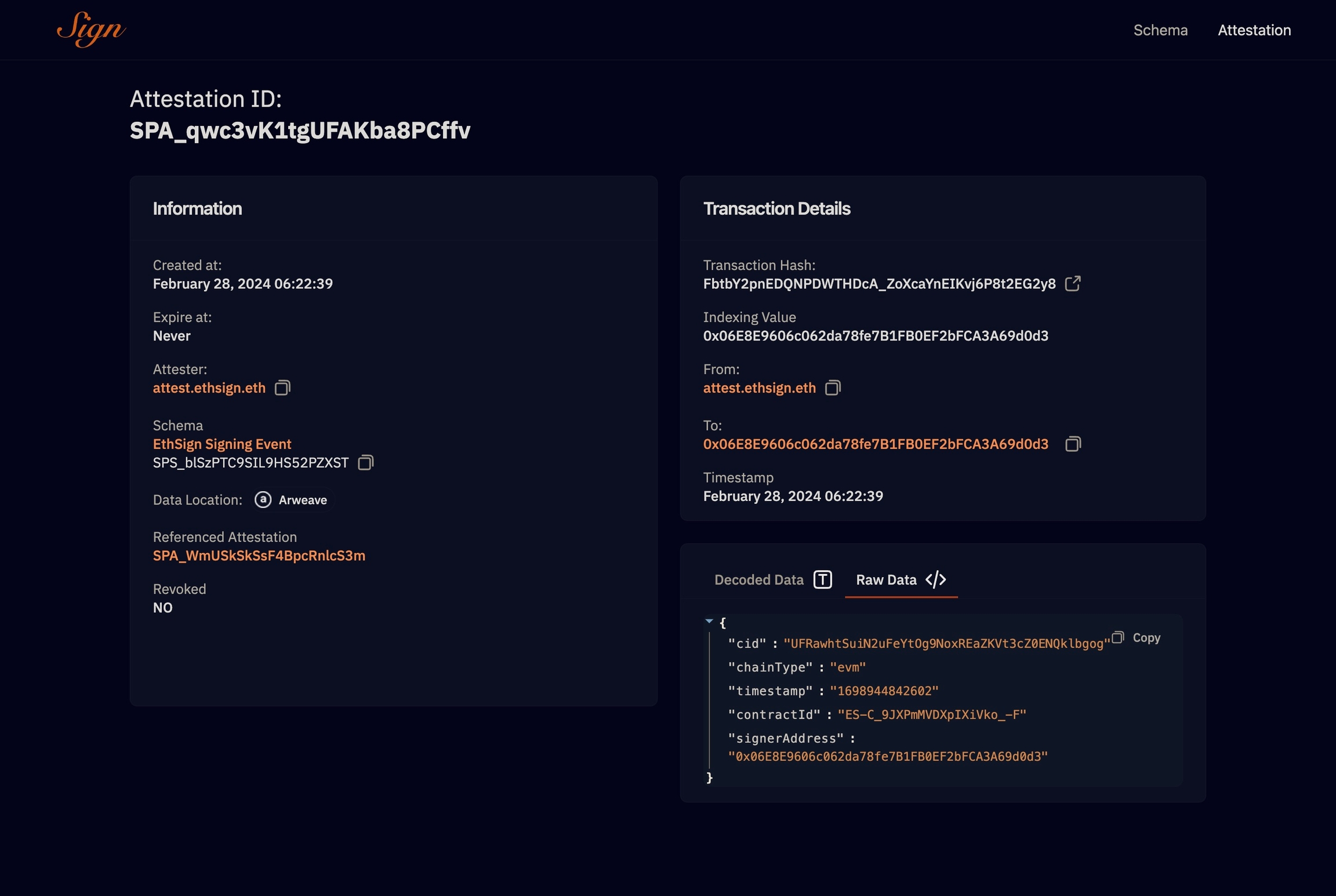
Attest Protocol: This protocol offers a schema-based attestation infrastructure, allowing developers to generate onchain, trustless KYC credentials for users without deploying custom smart contracts.
-
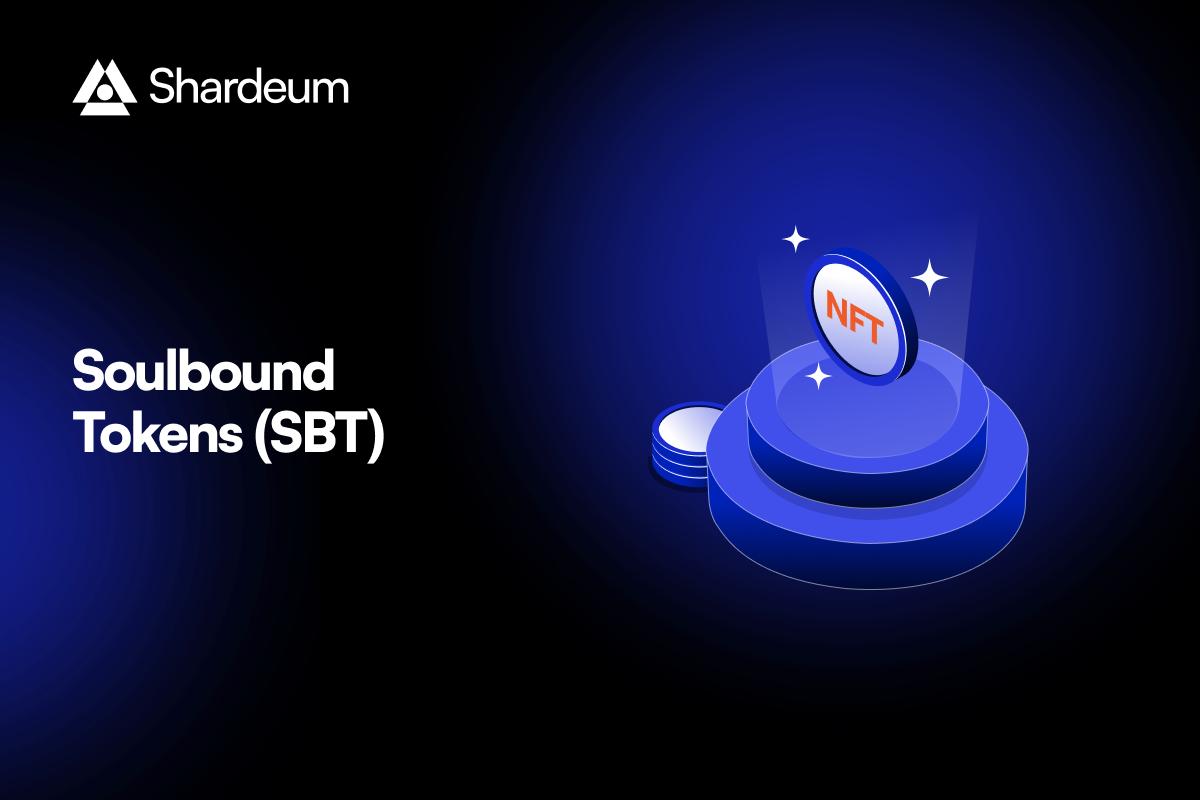
Authento: Authento provides soulbound token-based onchain credentials for KYC verification, ensuring compliance and privacy for Web3 platforms and their users.
-
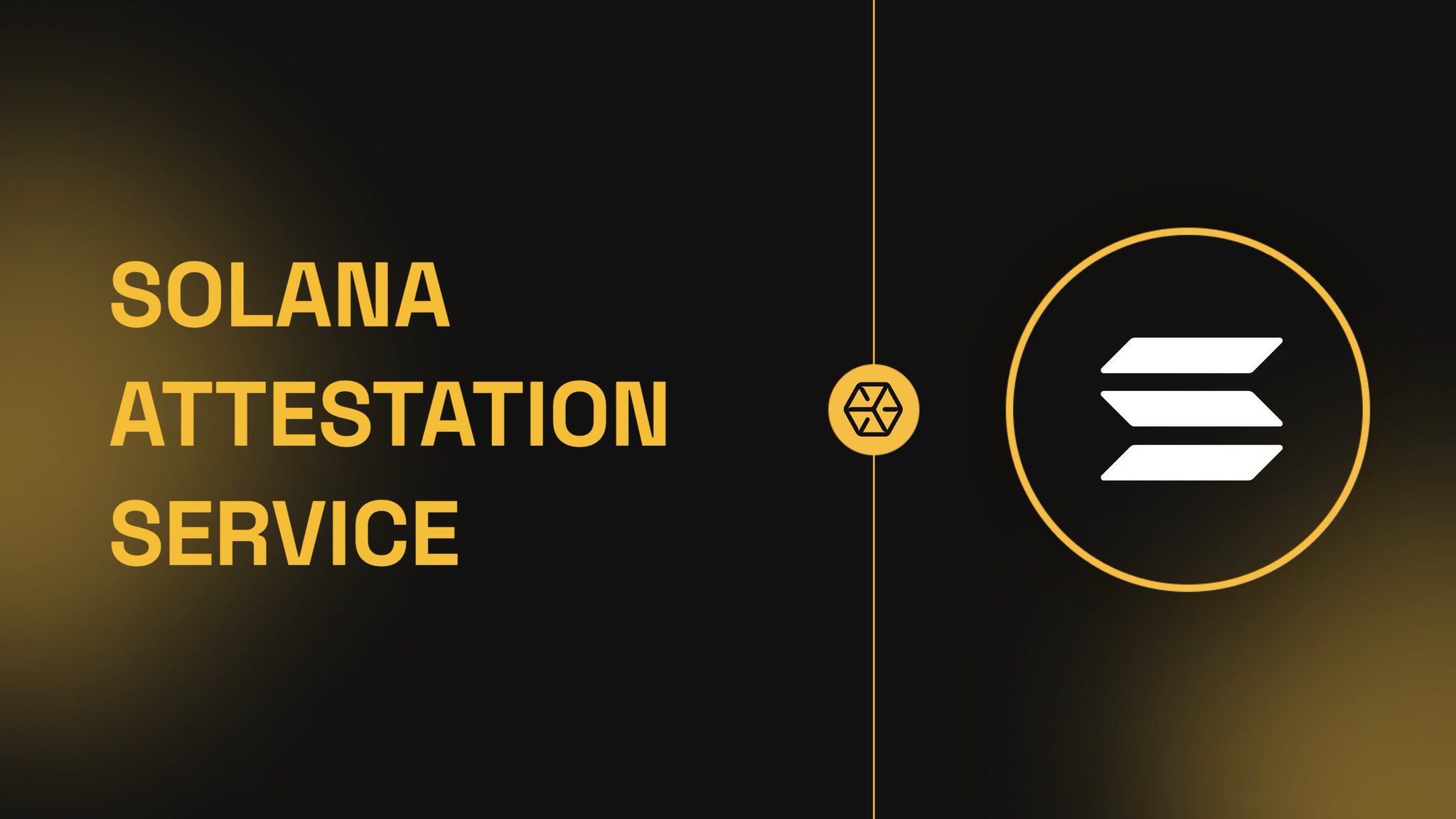
Solana Attestation Service (SAS): SAS enables users to mint KYC and identity attestations directly to their Solana wallets, giving them privacy-preserving control over their verified credentials.
These platforms leverage cryptography such as Merkle trees to create compact proofs that can be easily presented by wallets or smart contracts. The result is an ecosystem where eligibility can be proven instantly without disclosing unnecessary details, a win-win for both compliance officers and privacy advocates alike.
As more projects embrace decentralized KYC proof, interoperability is quickly becoming the gold standard. A single onchain KYC attestation empowers users to access multiple allowlists, token launches, and gated communities without having to repeat the cumbersome verification process. This not only saves time but also fosters a more vibrant, cross-platform user experience, one where identity credentials are portable and universally recognized across the Web3 landscape.
For allowlist managers and project leads, this technology brings significant operational efficiency. Manual review of KYC documents becomes obsolete; instead, smart contracts can instantly verify attestations against pre-set criteria. This automation reduces human error, expedites onboarding, and dramatically lowers the risk of regulatory non-compliance, all while keeping sensitive user data off-chain.
Real-World Impact: Use Cases and Best Practices
The adoption of onchain KYC attestations is already transforming how projects approach compliance. Consider these practical scenarios:
Real-World Use Cases of Onchain KYC Attestations in Web3 Allowlists
-
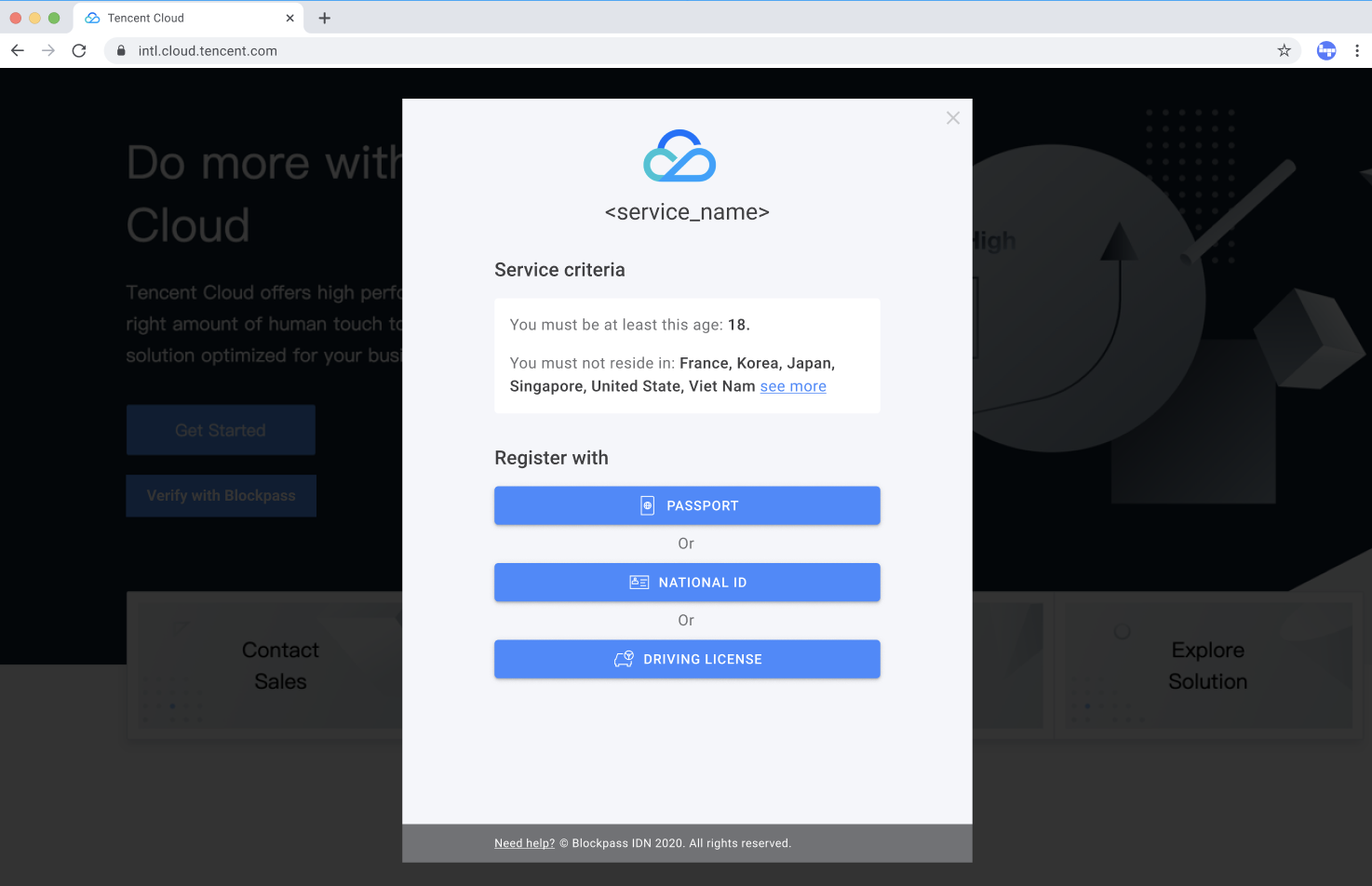
Blockpass On-Chain KYC®: Blockpass issues onchain attestations that serve as verifiable, reusable digital identities. Projects can securely verify users for allowlists without accessing or storing sensitive personal data, ensuring regulatory compliance and user privacy. Learn more
-
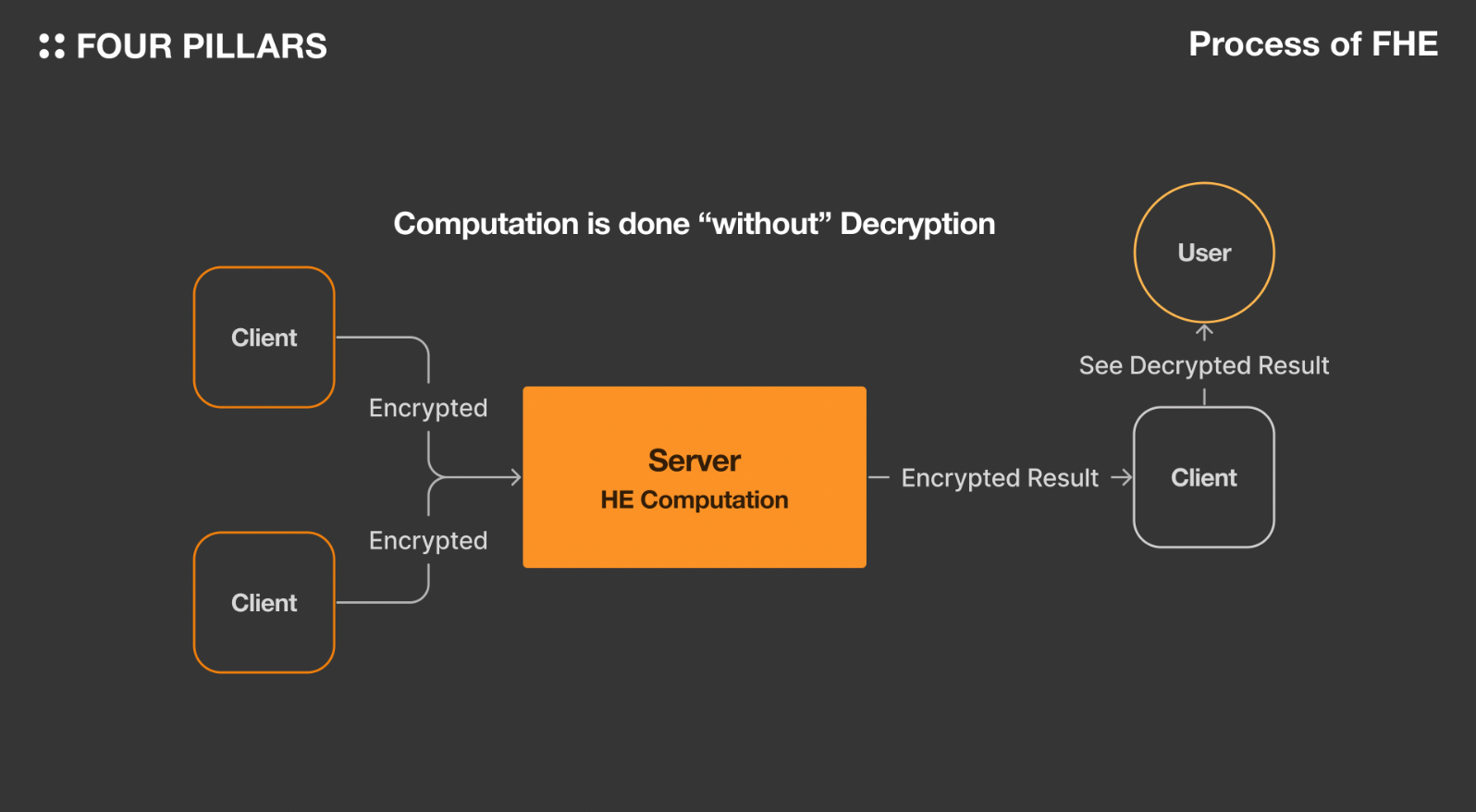
Attest Protocol: This protocol provides a schema-based infrastructure for creating onchain verifiable credentials. Web3 projects can use Attest Protocol to confirm users’ KYC status for allowlists with minimal code, streamlining trustless and efficient onboarding. Explore Attest Protocol
-

Authento: Authento enables seamless KYC verification by issuing soulbound tokens as onchain credentials. These tokens prove a user’s verified status for allowlists, supporting compliance and privacy across multiple decentralized platforms. Discover Authento
-

Solana Attestation Service (SAS): SAS lets users mint onchain attestations linked to their Solana wallets, including KYC credentials. This empowers users to control and present their verified status for allowlists across the Solana ecosystem while maintaining privacy. See Solana Attestation Service
From regulated DeFi platforms to NFT drops with strict eligibility requirements, these attestations provide the backbone for secure and scalable participation. For example, a DAO running a community treasury can ensure only verified members have voting rights or access to sensitive proposals, without ever handling their personal documents directly.
Best Practices for Implementing Onchain KYC Attestations
- Choose reputable attestation providers: Work with platforms that support open standards and have robust security audits.
- Prioritize interoperability: Opt for solutions compatible with multiple chains and dApps to future-proof your project.
- Maintain transparency: Clearly communicate to users how their data is handled and what information is being attested.
- Monitor evolving regulations: Stay ahead of compliance requirements as jurisdictions adapt to blockchain-based identity solutions.
The next wave of Web3 innovation will be driven by trustless verification, where users control their credentials and compliance checks become seamless background processes rather than painful hurdles. Onchain KYCed address attestation stands at the center of this shift, unlocking new opportunities for both builders and participants in decentralized ecosystems.
If you’re building or managing an allowlist today, integrating decentralized KYC proof isn’t just a technical upgrade, it’s a strategic move toward greater privacy, efficiency, and global access. Explore further strategies for secure allowlist management using onchain attested addresses in our comprehensive guide.






